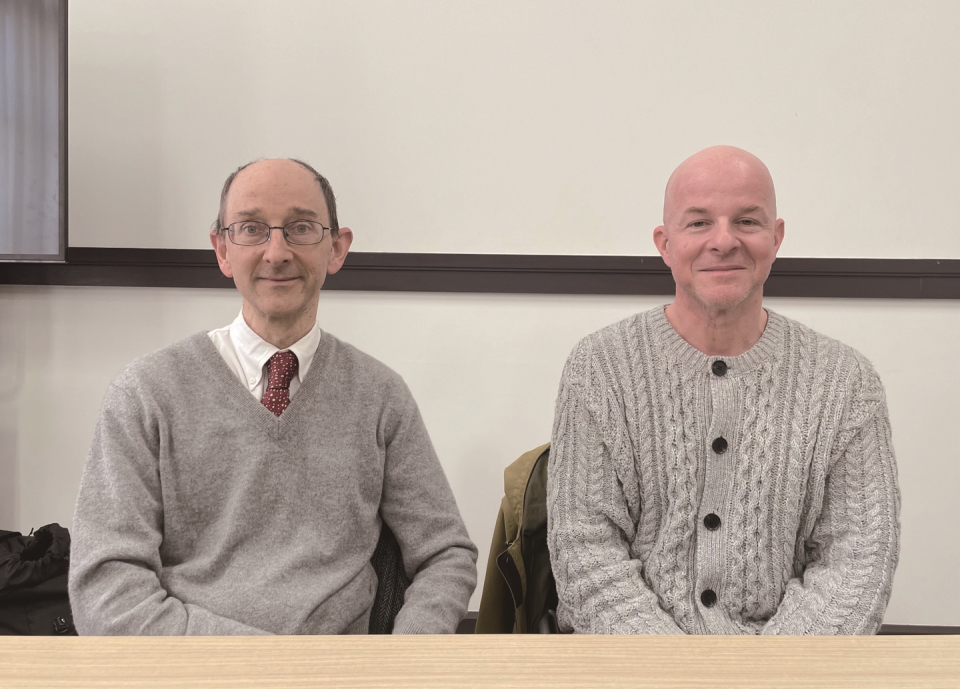
Besides the cultural and academic articles about Kyoto University, The Postech Times also focused on Kyoto University itself. The casual conversation with David Kornhauser, the director of Global Communications at Kyoto University, before the main interview, also provided the main theme of this reportage. We rearranged the interview with four professors at Kyoto University.
What makes Kyoto University Special?
Kyoto University provides a good contract and ample funding. With the long-term contract, we can highly focus on our research. There is little pressure to publish immediately, and people highly value innovation. Expectations are low, and researchers can hang out freely with each other, which ignites something unusual but people get interested. It is that type of environment, the people in the environment make Kyoto University special (Prof. De los Reyes)
Kyoto University is not a soft environment. Having frequent discussions takes concentration, sleeves rolled up–a fighting environment. This is a great place if you enjoy that sort of environment and are prepared to learn and use your wings. We sometimes joke about our university as a whole bunch of oddballs. You might meet very strange people and wonder how to engage this person with your research interest, especially from different disciplines. No one teaches how to interact, but it is refreshing at the same time and often leads to cross-department research projects. (Prof. Mario Lopez)
Are there any advantages that Kyoto University provides to researchers?
In my early academic career, it was all about publishing. I have seen people at the same career level as me taking shortcuts to get papers out quickly. However, here I am free from that kind of pressure. Researchers can be deeply committed to their fields.
For example, many researchers who study Indonesia have invested and are completely fluent in Indonesian. They are not just parachuted into that country. This level of immersion is needed for high investment. These days there is so much emphasis on productivity due to the expense of investments, sacrificing patience in research. So, I appreciate that I have space and time for research because not all researchers are in the same environment. What I am immersed in is an apparent advantage and would lead to very different outcomes. (Prof. De los Reyes)
We are also curious about international students at Kyoto University.
Half of my students are international and most of them are very hungry. That is one of the biggest differences compared to local students. They ask questions actively, and I always encourage them to Google what I say, like a fact-check. Many of them want to stay here after graduation. I guess it is partly due to political situations or lack of job opportunities in their country. This national university has become a stepping-stone for entering Japanese companies, just like private universities have been for years. (Prof. Mario Lopez)
We saw that Kyoto University has a school newspaper too, have you seen it?
Again, it is “JiyЕ« no GakufЕ«,” and they are free to do what they like. It is not as formal as The Postech Times, but we fully support their work. It often has very good articles about what is happening in the university. They are picking up some stories about protesting the university and critical voices from researchers. It is often much better than the official announcements we give. (Prof. William Baber and David Kornhauser)
“JiyЕ« no GakufЕ«.” The large letters written in Japanese on the whiteboard on the wall were not erased until the interview was over. “JiyЕ« no GakufЕ«,” which is directly translated into “free school culture,” penetrated the whole life at Kyoto University.


